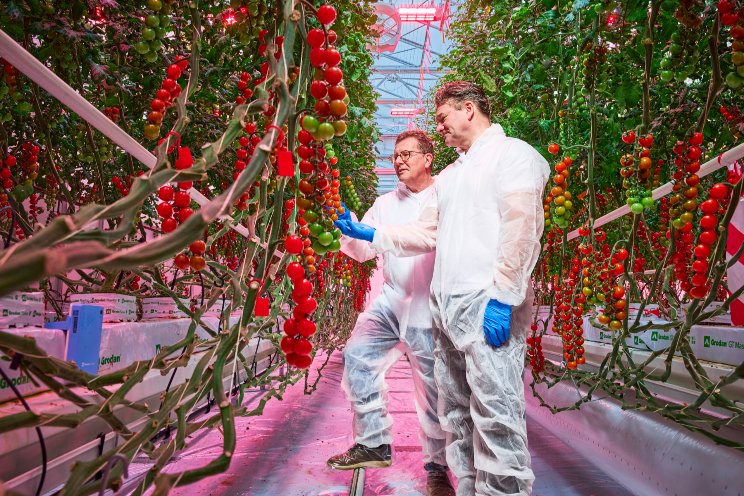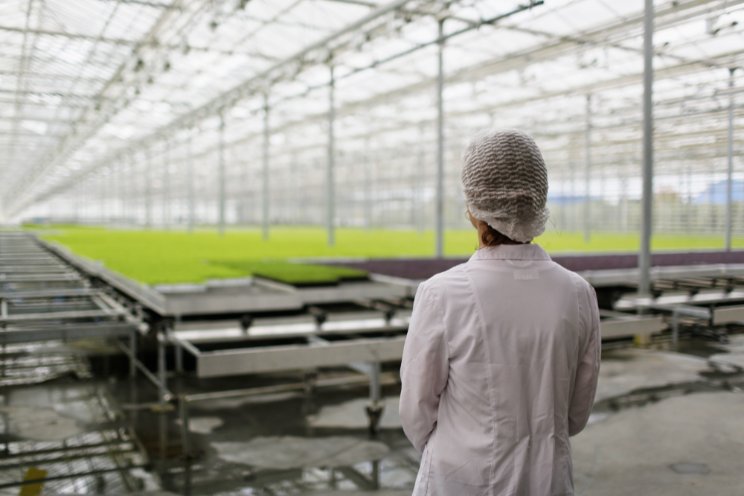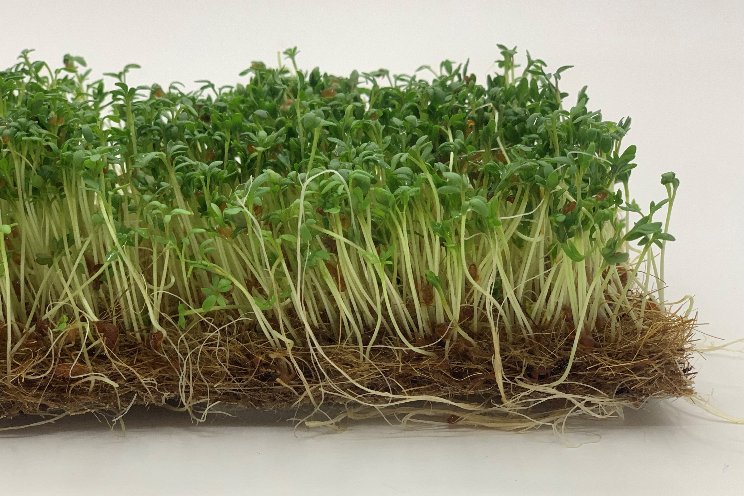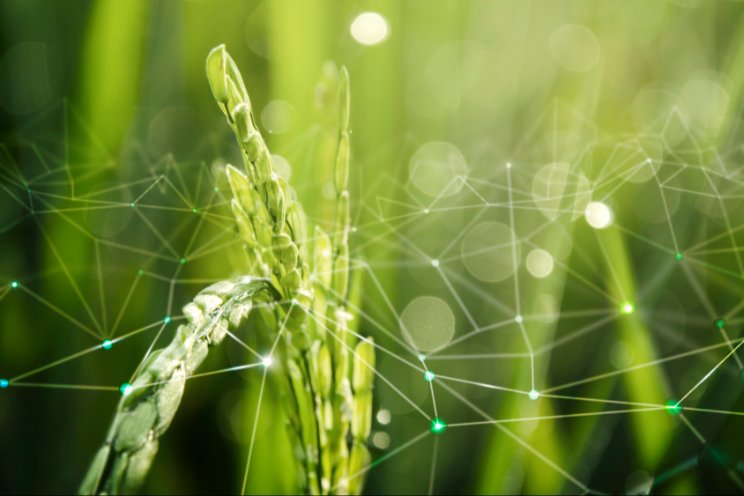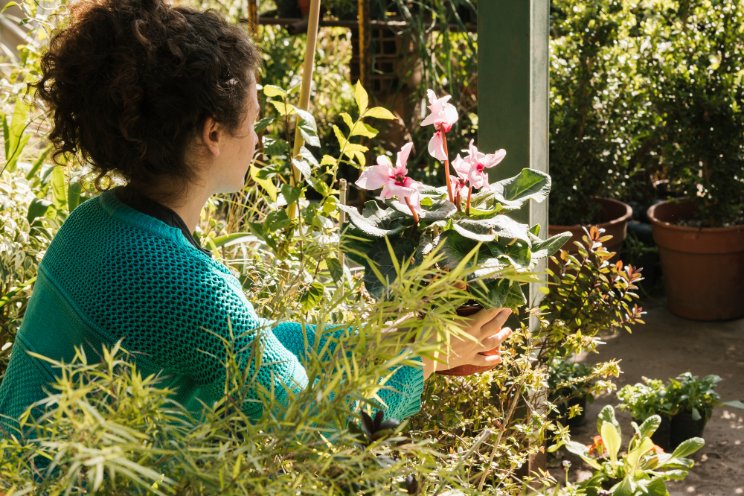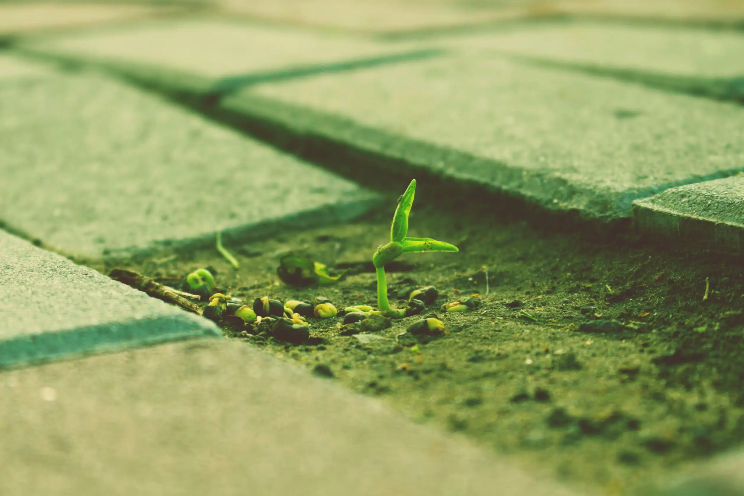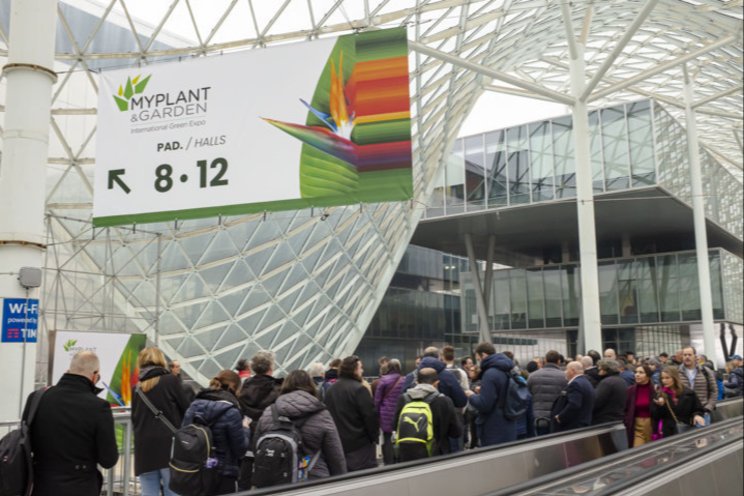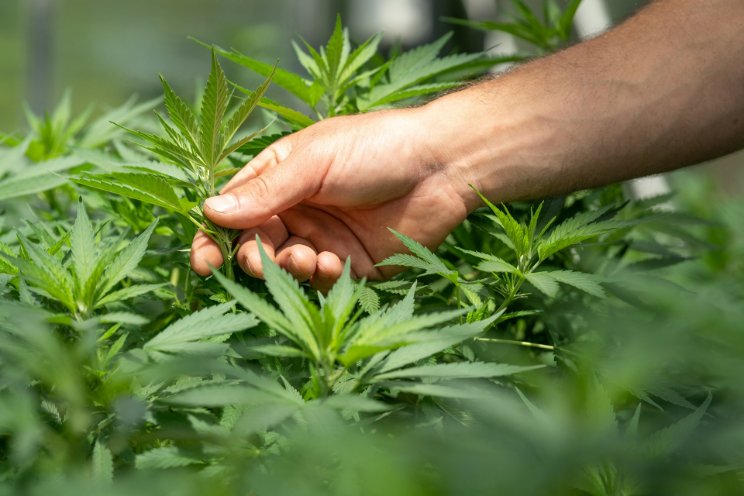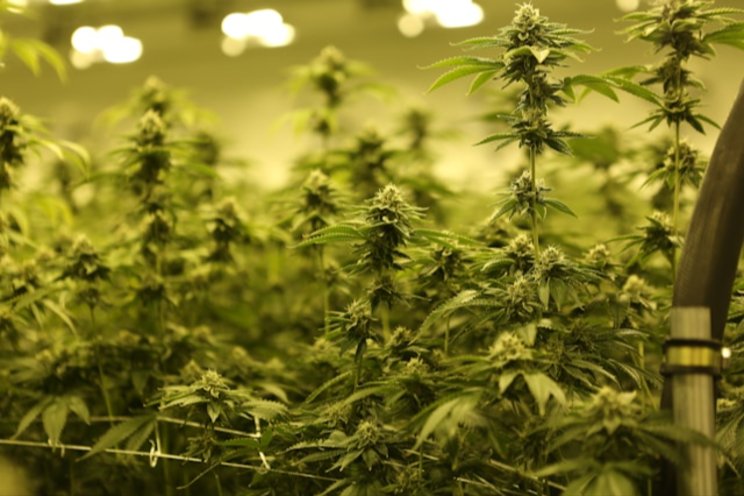Sustainable closed-loop spirulina production
Added on 31 January 2023

SimpliiGood grows and markets fresh and frozen spirulina, cultivating this nutrient-rich microalgae under ideal controlled conditions. This start-up is culturing concentrated functional ingredients and producing a range of nutritious foods that are breaking new ground in the plant-based protein sector. Under development is the first smoked salmon alternative made nearly entirely from a single ingredient: whole fresh spirulina.
 SimpliiGood Spirulina farm Credit: Nimrod Genisher
SimpliiGood Spirulina farm Credit: Nimrod Genisher
The companies have signed a multi-faceted long-term collaboration agreement destined to transform the entire spirulina market. The alliance will enhance sustainability and reduce the environmental footprint of both partners. A cornerstone objective of this partnership is to optimize upstream spirulina operations – perfecting production input for enriched output.
"This important milestone demonstrates the maturity and potential of the entire sector, not just of our company," says Baruch Dach, SimpliiGood founder and CTO. "It will boost our supply chain efficiency, reliability and scalability, making our spirulina an even more affordable, resilient and trustworthy food source for the future of food."
Collaboration will focus on four key phases:
1. To optimize spirulina growth media while minimizing cost: Haifa Group will perfect its ready-to-use nutrient mixtures for commercial spirulina cultivation, leveraging distinct SimpliiGood know-how and experience. This collaboration will reduce raw material expenses, which will decrease spirulina costs. It will fortify the supply chain, ensuring raw material security for safe, reliable, consistent supply.
“Standardization and predictability will make our spirulina more uniform – while maintaining high protein and antioxidant composition,” comments Lior Shalev, co-founder and CEO of SimpliiGood. “SimpliiGood will earn a strong competitive market advantage from these benefits within six months, and Haifa Group will expand its product portfolio to include these new products.”
"Now more than ever, food products rely on secure, strong supply chains,” continues Shalev. “As a vertically integrated operation sourced by the Haifa Group partnership, we will be empowered with broad perspective and control across the entire value chain.”
 SimpliiGood R&D. Credit: Nimrod Genisher
SimpliiGood R&D. Credit: Nimrod Genisher
2. Develop new products that rely on quality input: Both companies will continue to expand their product R&D. “We believe that this win-win farm-to-fork collaboration will meet the global needs in feeding microalga as a wide source of protein, and serve both companies well,” says Natan Feldman, Haifa Group VP Marketing, Business development & innovations. “We made a strategic decision to enter the microalgae market and selected SimpliiGood following a meticulous search. We found their long-term vision fit hand-in-glove with ours; their commitment to the planet inspiring.”
Shalev adds, “Haifa Group brings extensive crop-nutrition optimization talent to the table. The group’s pioneering R&D subject matter expertise is ideal for our big picture plans.”
“We are very excited about how this strategy will set a new standard in functional ingredients and plant-source alternatives,” says Dach. “Our proprietary development will enable SimpliiGood to expand into game-changing mainstream plant-based foods. For example, we will be able to speed our introduction of the first protein-rich smoked salmon steak analog made predominantly from spirulina. This innovation has been gaining momentum and recently attracted the attention of the global food industry.” He adds, “Our ability to produce fresh spirulina-based products in a market that focuses heavily on dried spirulina is a major differentiator for us and a huge leap forward for consumers seeking appealing plant-based proteins.”
3. Converting upcycle waste to spirulina: Carbon dioxide is nature’s best source for spirulina growth during photosynthesis, and Haifa Group produces CO2 during product manufacturing. Haifa Group and SimpliiGood will build side-by-side production plants in the Negev Desert to pass carbon dioxide from the Haifa Group plant to the SimpliiGood spirulina production facility. This process, which will transform CO2 pound-for-pound into spirulina, will both reduce waste and enable sustainable carbon fixation.
4. Establish a large-scale global circular economy: SimpliiGood will evaluate the Haifa Group waste stream to determine the additional components that can be introduced into microalgae production. The assessment will include heat, nutrients and compounds – such as nitrogen, which is a key building block of protein. “Leveraging the full power of upcycled synergies, the entire operation will do its part to achieve net zero. It will minimize the environmental footprint of both partners while maximizing efficiency, cost effectiveness and quality over the long term,” Elimelech explains.
These plans are aligned well with the global market. According to Acumen Research and Consulting, the global spirulina market size accounted for $480 million in 2021 and is projected to achieve a market size of $1.166 billion by 2030, rising at a CAGR of 10.4% from 2022 to 2030.
“The SimpliiGood-Haifa Group collaboration takes us within reach of our goal to be the world’s largest net-zero spirulina cultivator and producer,” concludes Shalev.
Header Photo: SimpliiGood team. Credit: Nimrod Genisher
More news
